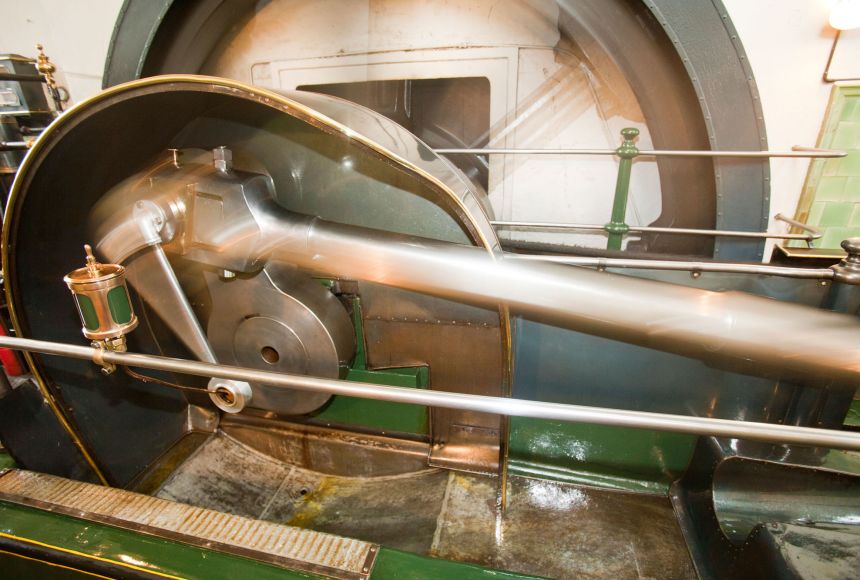The Birth of the Factory System
Before the Industrial Revolution, production largely occurred in small-scale workshops or households, with skilled artisans crafting goods by hand. However, the advent of new technologies and the need for increased production capacity led to the development of the factory system. This marked a departure from decentralized, labor-intensive methods to centralized, mechanized production.
Technological Innovations
The Factory Industrial Revolution was fueled by a series of groundbreaking technological advancements. Steam engines powered textile machinery, enabling the rapid production of textiles and textiles-based goods. The mechanization of processes previously performed by hand significantly increased efficiency and output. Innovations like the spinning jenny, power loom, and cotton gin revolutionized the textile industry and set the stage for similar transformations in other sectors.
Impact on Labor and Society
While the factory system boosted productivity, it also brought profound social changes. Rural populations migrated to urban areas in search of employment, leading to the growth of cities. This urbanization of labor created a new working class and led to the emergence of labor unions and workers’ rights movements, as employees sought better working conditions and fair wages.
Economic Transformation
The Factory Industrial Revolution was a driving force behind the shift from agrarian economies to industrial economies. The increased production capacity lowered the cost of goods, making them more accessible to a broader segment of society. The factory system also introduced the concept of mass production, setting the stage for modern consumerism.
Challenges and Critiques
The Factory Industrial Revolution wasn’t without its challenges. Factory workers often toiled in harsh conditions, enduring long hours, low wages, and unsafe environments. Child labor was widespread, raising ethical concerns. The transition to industrialization also led to the displacement of traditional craftsmanship, sparking debates about the loss of craftsmanship and artistry in the face of mass production.
Legacy and Lessons
The Factory Industrial Revolution laid the foundation for the modern industrialized world. It taught us the potential of technological innovation to drive societal transformation and economic growth. The lessons learned from the challenges of this era, such as the importance of workers’ rights and environmental sustainability, continue to resonate today as we navigate the impacts of ongoing technological advancements.
